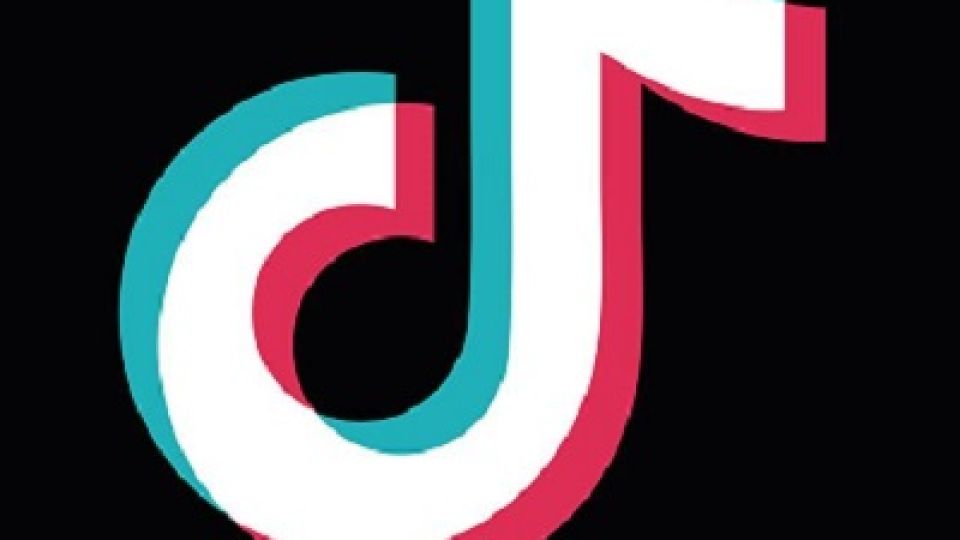from MARIA MACHARIA in Nairobi, Kenya
Kenya Bureau
NAIROBI, (CAJ News) – CIVIL society organizations (CSOs) have expressed opposition to the proposed ban of the video hosting service, TikTok, in Kenya.
The issue is before Parliament, after a private citizen, Bob Ndolo, petitioned the National Assembly, alleging the platform is exposing youth to “offensive behavior, vulgar language, and sexually explicit content.”
Ndolo is advocating for Members of parliament to “protect people in Kenya” from this content, claiming it is a threat to Kenya’s religious and moral values.
“(TikTok promotes violence, explicit sexual content, hate speech, vulgar language, and offensive behaviour which is a serious threat to the cultural and religious values of Kenya,” the petitioner stated.
He further argued the platform is not regulated by the Communications Authority, leading to the failure to remove inappropriate and offensive content.
Ndolo also cites TikTok for violating privacy rights of children and its users, and sharing people’s data with third parties without consent.
According to the citizen, the app is “addictive” and could lead to mental health issues such as anxiety and sleep deprivation.
A number of CSOs have kicked against the proposed ban and appealed to the National Assembly to reject Ndolo’s petition.
The organisations believe such a ban by the government of President William Ruto would stifle the rights to freedom of expression, access to information, freedom of association and assembly as well as political participation.
Access Now, Article 19 Eastern Africa, Bloggers Association of Kenya (BAKE), KICTANet, Galck+, Haki na Sheria, Kenya Human Rights Commission (KHRC) and Paradigm Initiative are opposed to Ndolo’s petition.
They argue banning TikTok would also adversely affect the economic rights of Kenyans and hinder the country’s progress towards a more open and inclusive digital society.
“Moderating social media content that breaches terms of service and has adverse human rights impact must be evidence-based, not on the whim of moral crusaders seeking to put their individual beliefs above the freedom of millions,” said Bridget Andere, Senior Policy Analyst At Access Now.
She said platforms like TikTok are enablers of human rights.
“How they are regulated has an effect on these rights and must therefore be lawful, necessary and proportionate,” Andere said.
Jaimee Kokonya, Africa Campaigner at Access Now, said while these rights were not absolute, any limitation of them should satisfy the three-part test of proportionality, necessity and legality.
“It goes without saying that a total ban would not satisfy these principles. Several members of parliament have also noted the disproportionality of the petition’s prayers,” Kokonya argued.
It is the second time in as many years the East African country has been called upon to ban a social media service.
Ahead of the 2022 general elections, the government rejected calls to shut down Facebook over the social networking site’s alleged failure to detect hate speech.
– CAJ News

